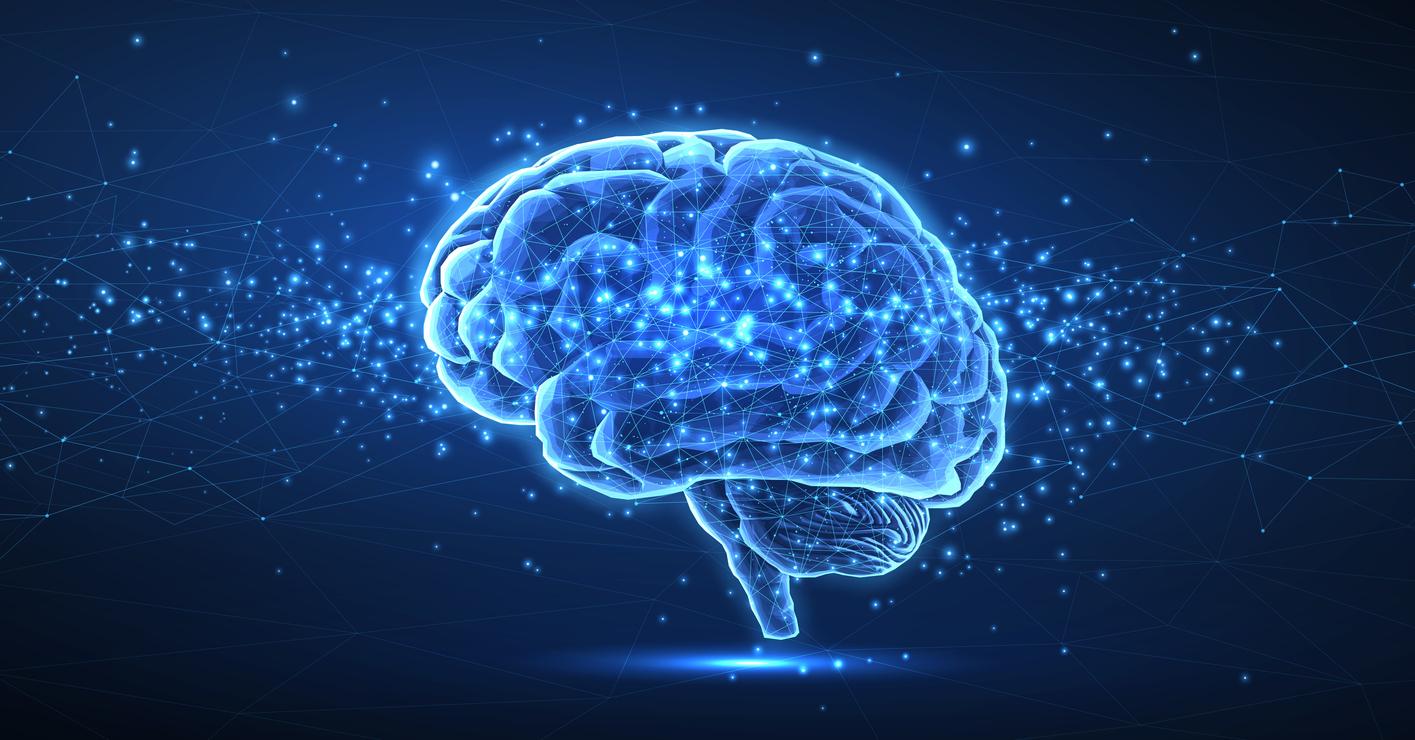Adult attention-deficit/hyperactivity disorder (ADHD) and dementia risk have been associated.

- In a study of people followed into old age, ADHD in adults was associated with an increased risk of dementia.
- During follow-up, 730 participants (0.7%) were diagnosed with ADHD and 7726 (7.1%) were diagnosed with dementia.
- Dementia occurred in 96 of 730 participants (13.2%) with adult ADHD and in 7,630 of 108,488 participants (7%) without adult ADHD.
A new study of psychiatry associates attention-deficit/hyperactivity disorder (ADHD) in adults and the risk of dementia.
ADHD and dementia: people followed for over 17 years
“Dementia is a syndrome characterized by dysfunction in daily life due to cognitive impairment. It is one of the leading causes of disability and mortality,” specifies the authors of the study in the introduction. “Although it is different from childhood ADHD, little is known about adult ADHD,” they add.
Their research included 109,218 members of an Israeli nonprofit organization, all born between 1933 and 1952. They began participating in the study on January 1, 2003, and none had been diagnosed with ADHD or ADHD. of dementia at the start of the experiment. All were followed for more than 17 years.
“ADHD in adults associated with increased risk of dementia”
During follow-up, 730 participants (0.7%) were diagnosed with ADHD and 7726 (7.1%) were diagnosed with dementia. Dementia occurred in 96 of 730 participants (13.2%) with adult ADHD and in 7,630 of 108,488 participants (7%) without adult ADHD.
“In this study of people followed at an advanced age, ADHD in adults was associated with an increased risk of dementia,” conclude the scientists.

What is attention deficit hyperactivity disorder (ADHD)?
Another recent study carried out by a doctoral student from the University of Örebro (Sweden) highlighted the need for better care for people over 50 with ADHD. “A considerable number of older adults report high levels of ADHD symptoms, while the prevalence of treated ADHD is less than half the prevalence of clinically diagnosed ADHD,” wrote its author then. “One of the reasons many older people go undiagnosed is that symptoms are often confused with the natural process of aging or the early stages of dementia,” also specified the scientist.
Attention deficit disorder with or without hyperactivity (ADHD) is defined by the association, in varying ways, of an attentional deficit, motor hyperactivity and impulsivity.

















